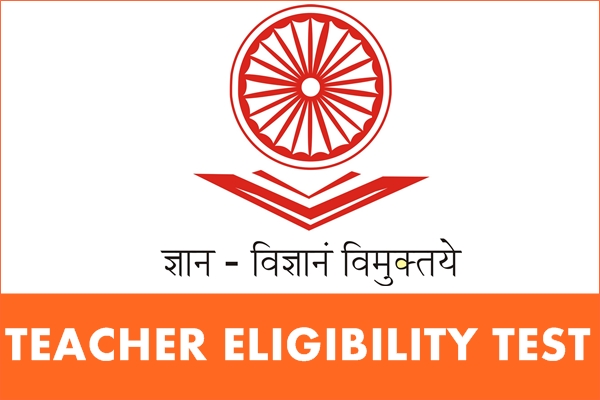



|
Tweet
Pin
It
|
National Council for Teacher Education (NCTE) has initiated new regulation for those aspiring to become teachers in schools under Government, private, unaided and aided categories. In accordance with the provisions of sub-section (1) of section 23 of the Right of Children to Free and Compulsory Education (RTE) Act, 2009, the National Council for Teacher Education (NCTE) has laid down the minimum qualifications for a person to be eligible for appointment as a teacher in class I to VIII.
Qualifications for a person to be eligible for appointment as a teacher in any of the schools referred to in clause (n) of section 2 of the RTE Act is that he/she should pass the Teacher Eligibility Test (TET) which will be conducted by the appropriate Government. The test will be conducted once a year, separately by state governments and the Central. Eligibility test conducted by State is called State Level Teacher Eligibility Test (STET). STET will be a compulsory and essential requirement for securing a teaching job in all types of schools. State Governments / Union Territories have to draw guidelines to this effect as per the norms laid down by NCTE. CBSE also conduct Central Teacher Eligibility Test CTET to be eligible to teach in the schools of the Central Government in India. States are free to conduct their own STET (State Teacher Eligibility Test) or honour CTET (Central Teacher Eligibility Test).
Having a BEd degree will no longer be enough to become a school teacher. Candidates have to score minimum 60 percent in the test to qualify for teacher jobs at any private or government school. There is no bar on the number of attempts by an aspiring teacher for obtaining a C TET/STET certificate. You can write any number of times. Moreover, an aspirant can appear a second time to improve the score. The Validity Period of CTET qualifying certificate for appointment will be seven years from the date of declaration of its result for all categories.
Applicability
i. The CTET shall apply to schools of the Central Government (KVS, NVS,
Central Tibetan Schools, etc.) and schools under the administrative
control of UT’s of Chandigarh, Dadra & Nagar Haveli, Daman & Diu
and Andaman & Nicobar Islands and NCT of Delhi.
ii. CTET may also apply to the unaided private schools, who may exercise
the option of considering the CTET.
iii. Schools owned and managed by the State Government/local bodies and
aided schools shall consider the TET conducted by the State Government.
However, a State Government can also consider the CTET if it decides not
to conduct the State TET.
Tags
ugc exams
Find it Useful ? Help Others by Sharing Online
Comments and Discussions |
Related
Competitive Exams
|
|||
|
|